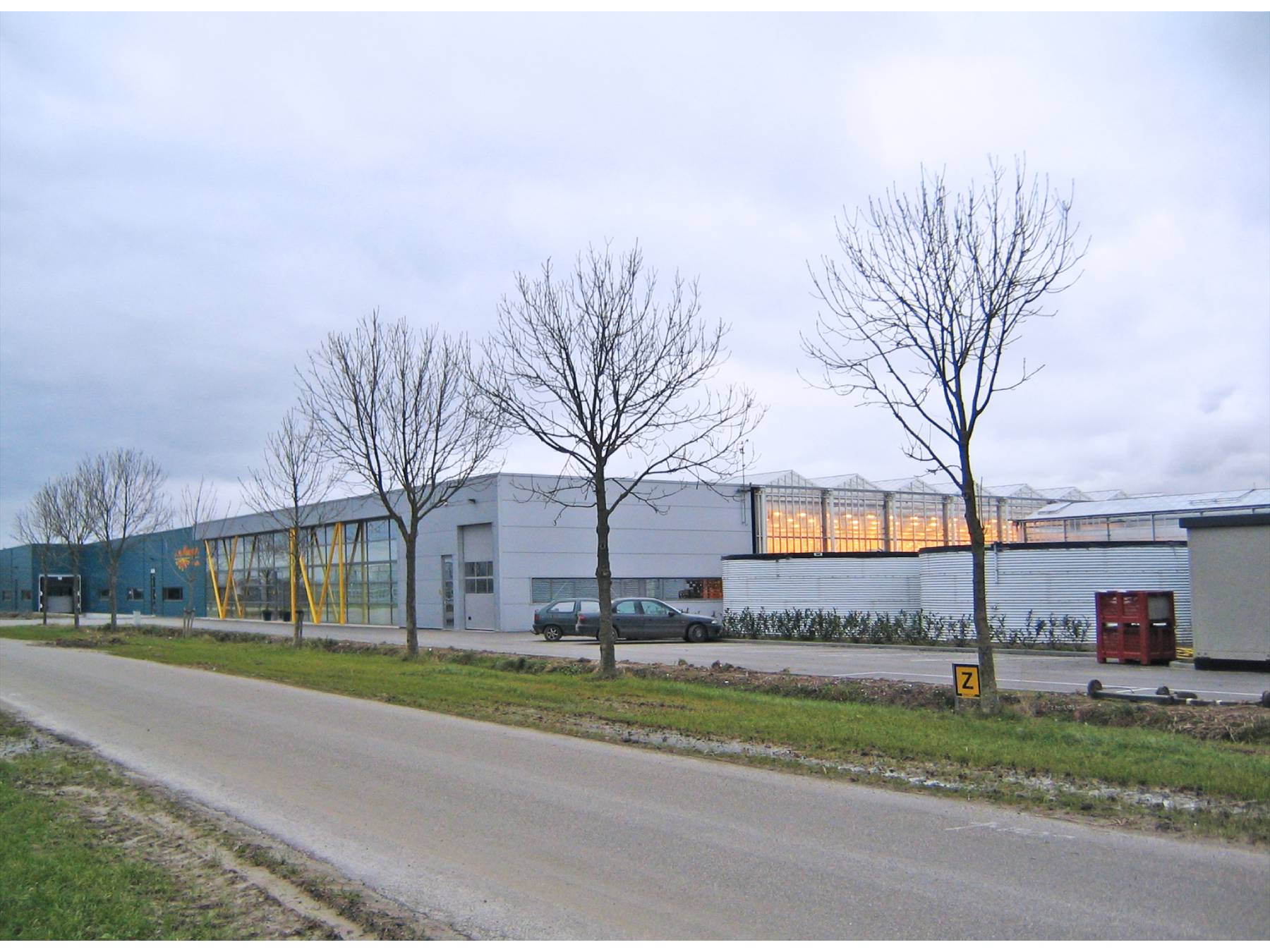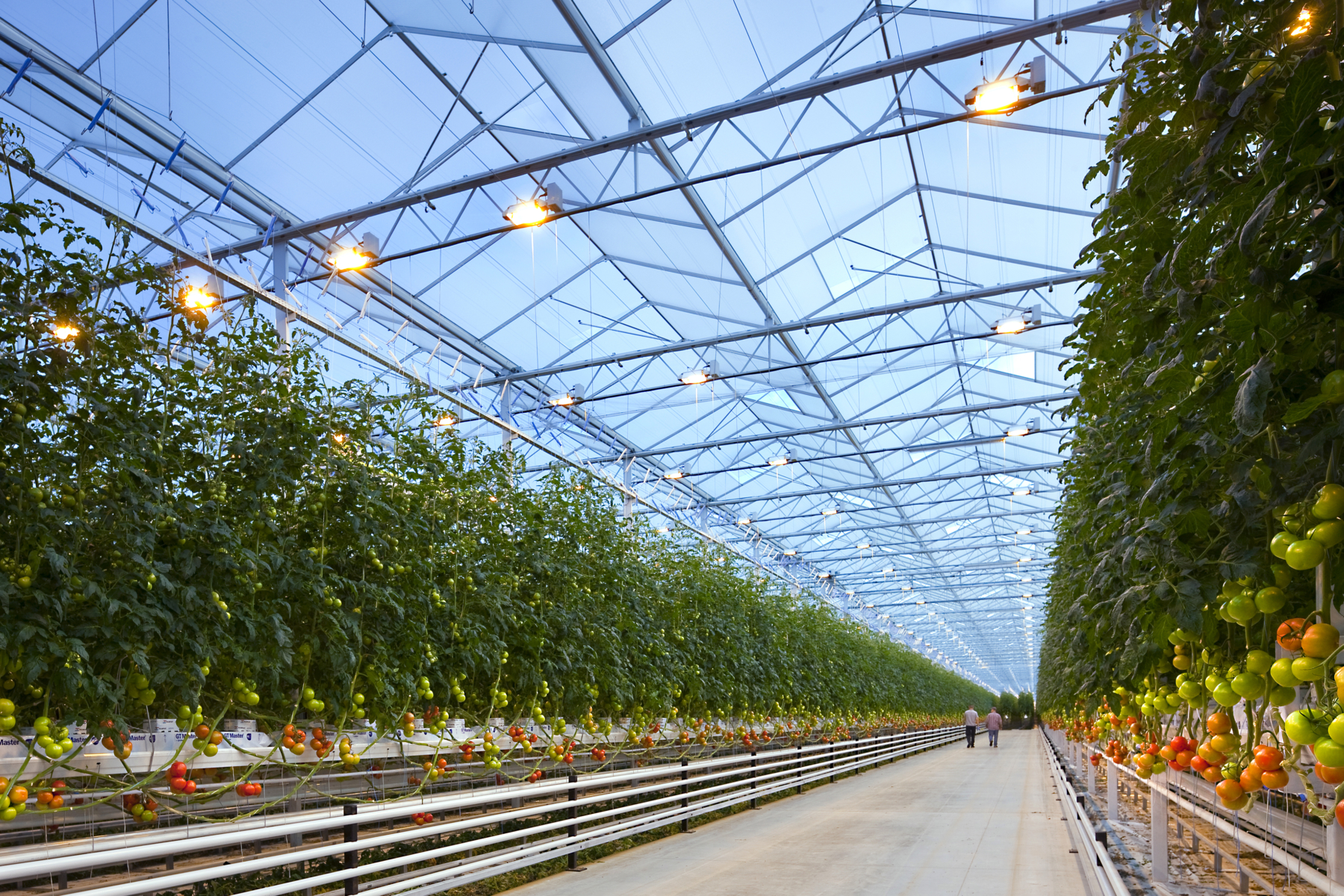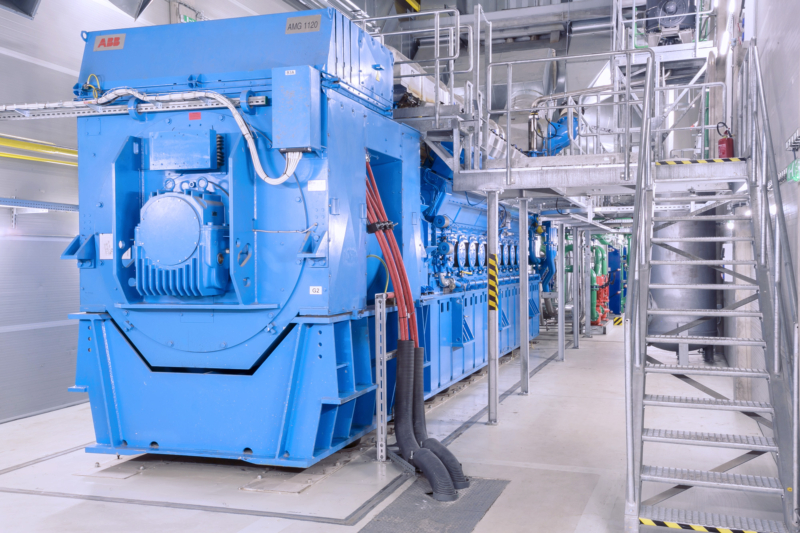
Van Marrewijk
Proving how combined heat & power (CHP) technology can drive both economic and environmental gains, supporting sustainable horticulture and contributing to the broader energy network.

Project Overview: In Vierpolders, Netherlands, Van Marrewijk greenhouse company harnesses the power of two Bergen B35:40V16 natural gas engines to generate substantial commercial, environmental, and operational benefits. This case study explores how this advanced technology supports both tomato cultivation and regional economic growth.
Technological Implementation:
- Engine Specifications: The installation includes two B35:40V16 natural gas engines, delivering a combined output of 4.8 MWe.
Strategic Importance: The Van Marrewijk greenhouses, situated on the fertile soils of the island of Voome Putten, specialize in producing four types of tomatoes. Leveraging 21st-century technology, the facility stands as one of the most modern glasshouse horticulture operations in the Netherlands, contributing to an industry that generates approximately €3.2 billion annually.

Operational Execution: The combined heat and power (CHP) system provides significant benefits:
- Heat Utilization: All heat produced by the engines is utilized within the greenhouses. A storage tank ensures sufficient capacity, eliminating the need for a dump cooler.
- CO2 Enrichment: Carbon dioxide from the engines’ flue gases is cleaned using a catalytic converter and fed into the greenhouses in precise quantities, enhancing the growth of tomatoes by optimizing atmospheric CO2 levels. The catalyst ensures ultra-low levels of impurities.
Key Features:
- Electricity Production: The CHP system powers assimilation lighting for approximately 3,000 hours per year.
- Grid Integration: Electricity is fed into the grid and sold on the open market when grid rates are high or medium, for around 2,000 hours annually. The system ensures electricity supply during peak tariff times.
Operational Flexibility
The Bergen Engines units operate either in island mode or in parallel with the grid, guided by a computer-based controller. This flexibility allows the system to adapt to varying operational needs and market conditions efficiently.
Community and Environmental Impact: By optimizing the use of heat and CO2, the system not only supports high-yield tomato production but also promotes environmental sustainability. The efficient use of resources and integration with the grid enhance the economic viability of the greenhouse operations and contribute to regional energy stability.
Contact us
Please fill in your contact details below and we’ll reply as soon as we’re able.

Contact us
Please fill out the enquiry form, and our dedicated team will promptly attend to your request



